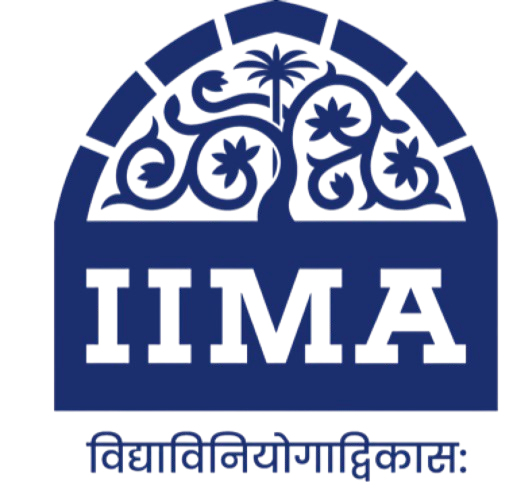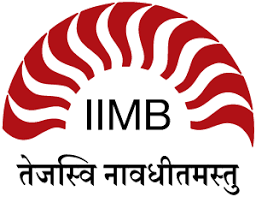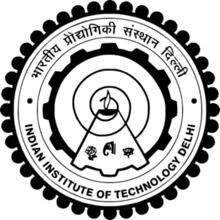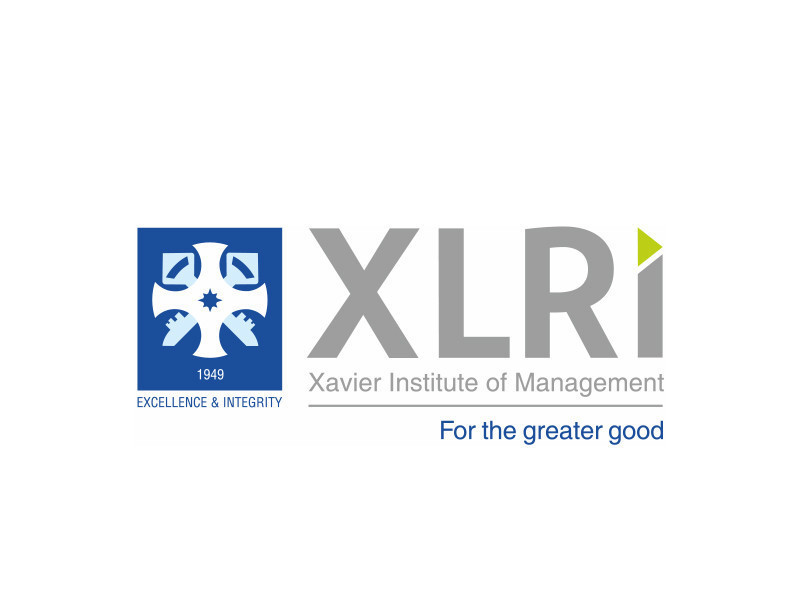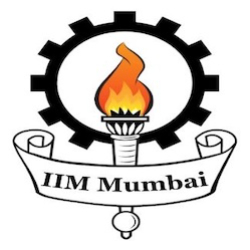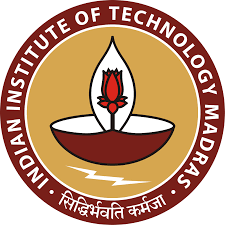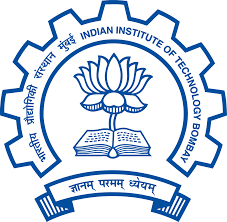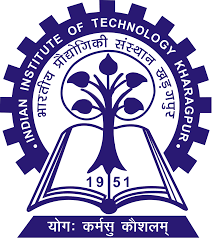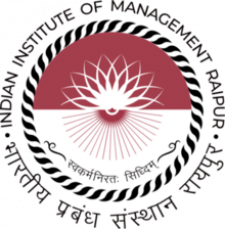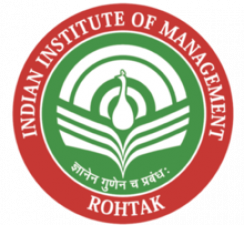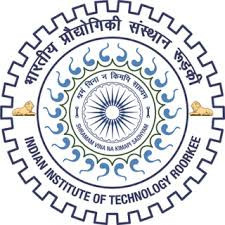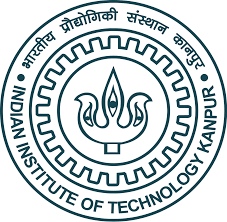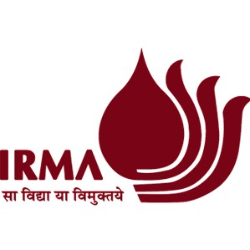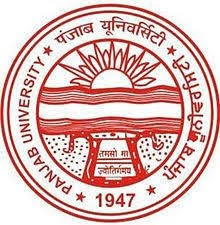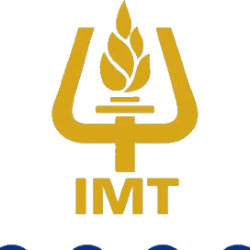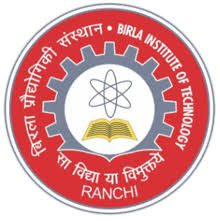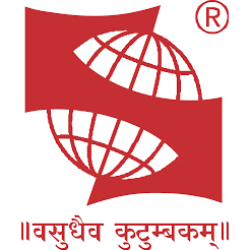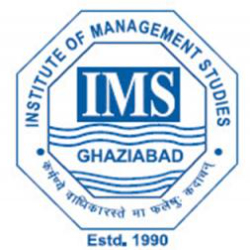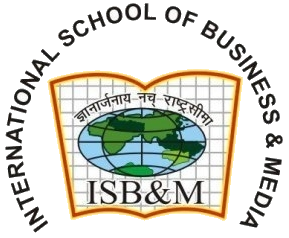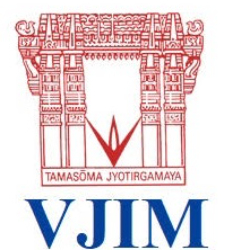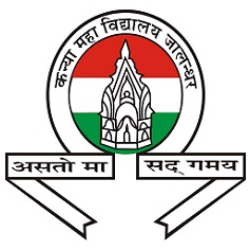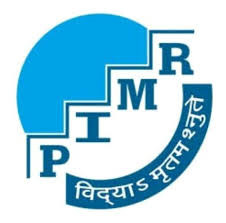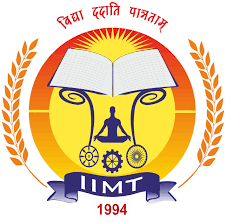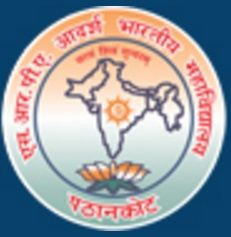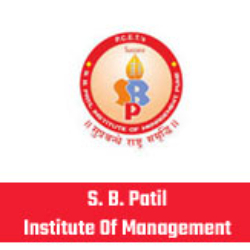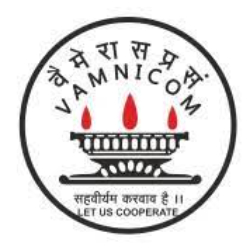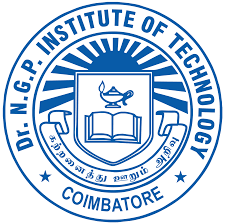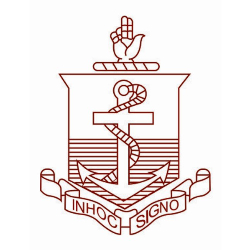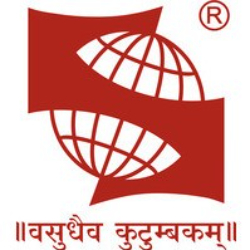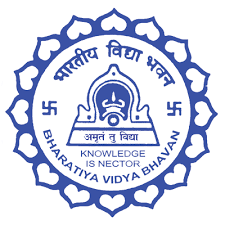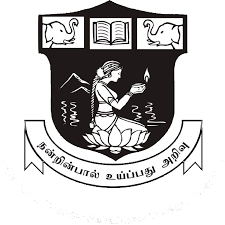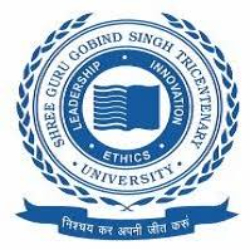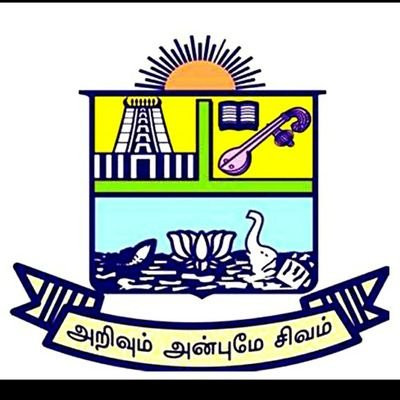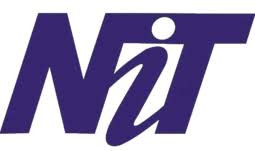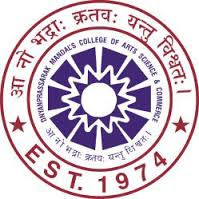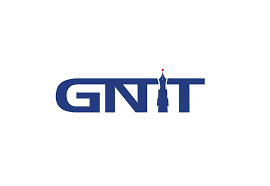What is Management?
Management is the art of planning resources efficiently and effectively to achieve an organisational goal. It is a technical process of utilising the available resources to complete specific tasks at minimum expenditure.
Levels of Management:
- Top-Level Management - The top-level management team consists of chief executives and a board of directors. They focus on planning and executing effective strategies to manage a successful business.
- Mid-Level Management - Middle-level management includes branch and department managers. They are directly answerable to top-level management and responsible for preparing their seniors' overall reports and analytical data.
- Lower Management - Lower management includes supervisors and foremen responsible for supervising production quality and quantity. They also focus on maintaining discipline and harmony in the workplace.
Importance of Management:
The availability of the management team is essential for achieving long-term organisational goals. Managers ensure the smooth functioning and growth of the company while utilising the available resources at minimum expenditure. A company's work efficiency depends on the skills of its managers.
- It works towards cost reduction- Management helps manage the available resources effectively and efficiently to reduce costs. It plans and calculates resources, workforce, and machinery to ensure maximum returns on minimum inputs.
- It ensures the optimum utilisation of available resources- Management helps select qualified employees with the required skill set to prevent excessive workforce. It ensures the maximum utilisation of available resources to avoid wastage by searching for the best alternatives to scarce resources.
- It helps achieve long-term goals- Management is responsible for planning and executing to achieve them. Managers direct their groups and efficiently integrate available resources to attain long-term goals without wasting time and effort.
- It contributes towards establishing a solid organisation - Managers divide groups and distribute responsibilities to the right person having a well-defined skillset. They ensure the smooth functioning and financial stability of the organisation.
- It maintains organisational equilibrium - Management continues to work towards the organisation's growth and survival. It helps the organisation adapt to ever-changing societal needs and market conditions.
Objectives of Management:
- Organisational Objectives - The company's management is responsible for achieving long-term organisational objectives such as survival, profit, and growth. The top management team works towards the company's development while considering the interests of all stakeholders.
- Social Objectives - The company's management is also responsible for benefitting society somehow. For instance, many companies run Corporate Social Responsibility campaigns to enhance their societal benefits.
- Personnel Objectives - Management officials are highly responsive to arranging various employee engagement activities to promote their employees' development. They initiate training programs to increase employees' efficiency and working capacity.
What are the Courses at UG and PG Level Under Management?
Various management courses are designed to educate aspiring managers. These courses are specially designed to teach the foundation and basics of management in different disciplines like finance, marketing, hospitality, human resources, etc. They provide you with an in-depth understanding of management principles and understanding.
Eligibility Criteria for Management Courses:
Eligibility For certification courses:
- Candidates must complete 12th or 10th / equivalent from a recognised board.
- Students shall fulfil the other eligibility criteria laid down by the institution.
Eligibility For BBA:
- Candidates must complete 12th or equivalent from a recognised board with a minimum 50-60% marks.
- Candidates must clear entrance examinations such as NPAT, SET, CUET, or IPU-CET.
Eligibility for MBA:
- Bachelors in any stream with 50-55% minimum marks. For reserved students, 45% minimum marks requirement.
- Candidates must clear entrance exams such as - CAT, MAT, CMAT, ATMA, XAT, or GMAT.
Eligibility for PGDM:
- Bachelors in any stream with 50-55% minimum marks. For reserved students, 45% minimum marks requirement.
- Candidates must clear entrance exams such as - CAT, MAT, CMAT, ATMA, XAT, or GMAT.
Eligibility for PhD:
- The students must have a Masters Degree or PG Diploma with minimum 50-55% marks.
- If needed, candidates must appear in the entrance exams accepted by the university.
Course Highlights:
Name of the course | Business Management courses |
Degree level | Undergraduate, Postgraduate, Certificate, Diploma, Doctorate |
Diploma in Management Duration | 2 - 3 years |
BBA Duration | 3 years (Old system) 4 years (Nep NEP system) |
MBA Duration | 2 years |
PGDM Duration | 1- 2 years |
PhD Duration | 4 - 8 years |
Diploma in Management fees | Rs 5,000 - Rs 3.00 Lakhs |
BBA fees | Rs 50,000 – Rs 5.00 Lakhs |
MBA fees | Rs. 20,400 - Rs. 20.80 Lakhs |
PGDM fees | Rs. 20,400 - Rs. 20.80 Lakhs |
PhD in Management fees | Rs 1.00 - Rs 5.00 Lakhs |
Certificate course in Management fees | Rs 3,000 - Rs 3.00 Lakhs |
BBA Entrance Exams | IPMAT, NPAT, SET, CUET, UGAT, IPU CET, GAT, JIPMAI, DUJAT, SET BBA, FEAT, UPESMET.IPMAT, NPAT, SET, CUET, UGAT, IPU CET, GAT, JIPMAI, DUJAT, SET BBA, FEAT, UPESMET. |
MBA Entrance Exam | CAT, XAT, GMAT, SNAP, NMAT, CMAT, KMAT, ATMA, MAT, IIFT. |
PGDM Entrance Exam | CAT, XAT, GMAT, SNAP, NMAT, CMAT, KMAT, ATMA, MAT, IIFT. |
Undergraduate Management Courses:
If you are looking forward to making a career in management, you should opt for a full-time bachelor's degree in management. Various universities and colleges offer bachelor's degrees in different disciplines of management.
The following are some of the popular undergraduate management courses:
- BBA in Finance Management
- BBA in Marketing Management
- BBA in Human Resource Management
- BBA in Business Analytics
- BBA in Hotel Management
- BBA in Travel & Tourism Management
- BBA in Banking and Insurance Management
- BBA in Brand Management
BBA Syllabus:
Semester 1 | Semester 2 |
Financial Accounting | Macroeconomics |
Principles of Management | Marketing Techniques |
Micro Economics | Environmental Management |
Quantitative Techniques | Business Analytics |
Semester 3 | Semester 4 |
Direct and Indirect Tax | Financial & Management Accounting |
Human Resource Management | Personnel Management & Industry Relations |
Banking and Insurance | Business Laws |
Introduction to Operations Research | Leadership and Ethics |
Semester 5 | Semester 6 |
Strategic Management | Introduction to Psychology |
Production & Material Management | Consumer Behaviour |
Financial Management | Export/ Import Management |
Business Data Processing | Financial & Commodity Derivatives |
Top 10 Management Colleges in India:
Masters in Management Courses:
Masters in management courses are designed to teach professional skills to graduates. These courses can help you build strong interpersonal skills through real-time projects. You can either opt for general PG management courses or specialised management courses.
- MBA in Human Resource
- MBA in Finance Management
- MBA in Healthcare Management
- MBA in Information and Technology
- MBA in Operations Management
- MBA in Marketing Management
- MBA in Business Management
- MBA in International Business Management
- MBA in Entrepreneurship Management
- MBA in Retail Management
MBA Syllabus:
Semester 1 | Semester 2 |
Organisational Behaviour | Organisation Effectiveness and Change |
Managerial Economics | Management Science |
Quantitative Methods | Environment of Business |
Financial Accounting | Financial Management |
Semester 3 | Semester 4 |
Business Ethics & Corporate Social Responsibility | Project Study |
Strategic Analysis | Strategic Management |
Legal Environment of Business | International Business Environment |
Case Study | Internship |
Postgraduate Diploma in Management Courses:
PGDM stands for Postgraduate Diploma in Management. It is a 1 to 2 year business management program that focuses on industry requirements and helps management aspirants build essential hard and soft skills to become industry-ready professionals.
- Postgraduate Diploma in Human Resource Management
- Postgraduate Diploma in Finance Management
- Postgraduate Diploma in Logistics and Supply Chain Management
- Postgraduate Diploma in Marketing Management
- Postgraduate Diploma in Hospitality Management
- Postgraduate Diploma in Operations Management
- Postgraduate Diploma in Entrepreneurship Management
- Postgraduate Diploma in Brand Management
PGDM Syllabus:
Semester 1 | Semester 2 |
Human Resource Management | Collective Bargaining |
Organisational Behaviour | Labour Legislation |
Human Resource Development | Organisation Development |
Management concepts & Theories (MCT) | Training & Development |
Managerial Communication | Industrial Relations |
Educational Requirements – Important Exams One Should Appear for Pursuing a Career in Management
Admissions in various UG and PG courses are based on 12th/graduation scores and entrance exams. We have mentioned some common competitive state-level and national entrance exams that you should appear in while seeking admission to management courses:
Management Entrance Exams After 12th:
The following are some popular entrance exams in which you can appear after completing 10+2 from a recognised board for pursuing a career in management:
- SET - Symbiosis Institute Of Business Management conducts the Symbiosis Entrance Test (SET) for admission to BBA. Students who want to pursue a career in management can appear for SET after completing their 10+2 from a recognised board.
- AIMA UGAT - The All India Management Association (AIMA) conducts the AIMA Undergraduate Aptitude Test (UGAT) for students who want to pursue a bachelor's in management. It is a national-level exam for admission to BBA and integrated MBA courses.
- DU JAT - The National Testing Agency (NTA) conducts the Delhi University Joint Admission Test (DU JAT) at a national level to admit deserving candidates to BBA in the top colleges of University of Delhi.
Management Entrance Exams After Graduation:
The following are some popular entrance exams in which you can appear after completing graduation from a recognised college or university for a career in management:
- CAT - The Common Admission Test (CAT) is one of the most popular national-level competitive exams for pursuing a career in management. It is conducted every year by the Indian Institute of Management.
- MAT - The All India Management Association (AIMA) conducts a Management Aptitude Test (MAT) quarterly every year. It is a national-level exam for admission to top business schools in India.
- XAT - Around 600+ Indian business schools accept Xavier's Aptitude Test for admitting eligible students in their MBA programs Xavier School Of Management - Jamshedpur conducts this test every year on the 1st Sunday of January.
- SNAP - Symbiosis Institute Of Business Management Pune conducts the Symbiosis National Aptitude Test (SNAP) for admission to MBA programs in its 15 colleges. Students who clear the exam are then required to appear for group discussions and personal interviews before the final merit list is released.
Career Opportunities After Doing Management Courses:
A degree in management helps you understand the basics and principles of management. It also develops your overall personality and managerial skills. After pursuing a degree in management, you can get your dream job in various disciplines like finance, business management, economic management, marketing, etc. Every organisation requires management professionals to maintain its work efficiency and smooth functioning.
Job Title | Job Descriptions | Average Annual Salary |
Management Trainee | A management trainee’s job is to perform managerial duties under the guidance of seniors, learn various business operations and ensure that the tasks assigned are completed within the deadline. | Rs 3.50 - Rs 6.00 LPA |
Sales Representative | A Sales Representative’s job profile includes selling goods and services, managing customer relations, maintaining records of current customers, and acquiring new customers. | Rs 2.50 - Rs 5.00 LPA |
Marketing Executive | The job of a marketing executive is to devise plans to increase the reach of goods and services, thereby increasing sales. | Rs 3.20 - Rs 7.00 LPA |
Manager | A manager’s job is to lead and oversee a team’s performance to increase company revenue. | Rs 17.00 - Rs 20.00 LPA |
Assistant Manager | An assistant manager's job is to assist the manager in the smooth functioning of the department, perform some managerial tasks and oversee the team members on the manager’s behalf. | Rs 7.90 - Rs 15.00 LPA |
Assistant Manager | An assistant manager's job is to assist the manager in the smooth functioning of the department, perform some managerial tasks and oversee the team members on the manager’s behalf. | Rs 7.90 - Rs 14.00 LPA |
Financial Analyst | A financial analyst explores and assesses investment opportunities on behalf of an individual or a business enterprise. | Rs 6.00 - Rs 17.00 LPA |
Top Recruiters:
Godrej | Reliance | Amazon |
Lifestyle | Myntra | IBM |
Accenture | Wipro | KPMG |
Conclusion
The requirements for different managerial positions may vary from industry to industry. Before pursuing a career in management, you must clearly understand the functioning and needs of the industry you want to enter. You should continuously improve your skill set to excel in your career and get promoted to top-level management. A management career can be rewarding and exciting with the right managerial skills, strong decision-making power, and deep knowledge of your field.


